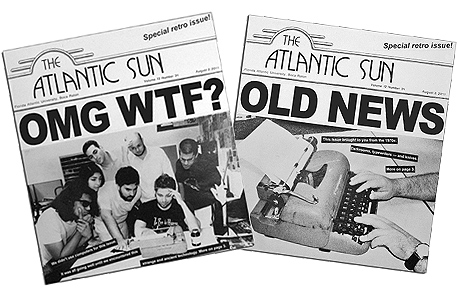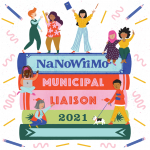Goodreads has a good article up about the elimination of the Middleman in book sales and publishing. Am I the only one who is scared about the loss of book stores? Don’t get me wrong, I tend to buy a lot of books from both book stores and Amazon. But I like my experience better at the store. I can ask the sales associates for their recommendations, take my time, and maybe even write a book (we’re thinking of doing our NaNoWriMo write-ins at Barnes and Noble this year).
And additionally, I can’t quite figure out where Goodreads is coming from, it’s almost as if they’re advocating for what Amazing is saying, get rid of the middle man and let everyone publish themselves. The commenters bring up the valid point that without the publishing houses, how else will all the horrible books be taken out of the pile.
Anyway, it’s an interesting read, and it’s a scary, busy time in publishing, that’s for sure.







